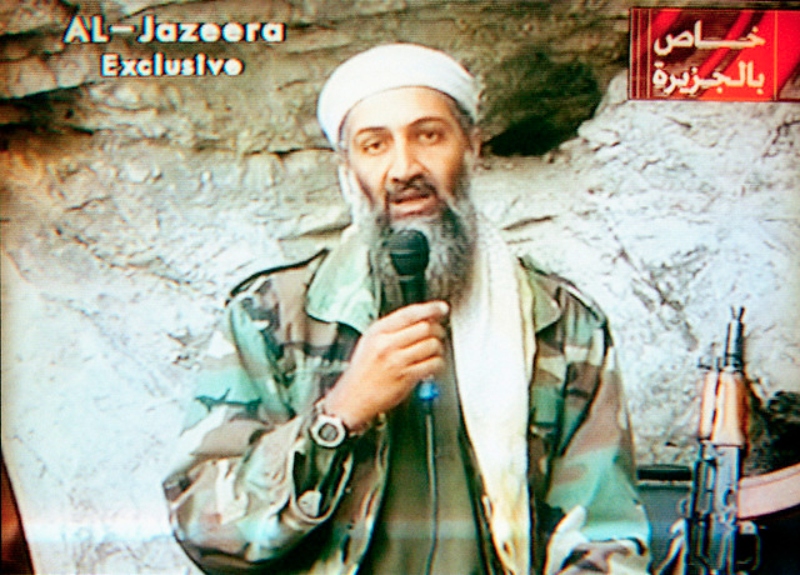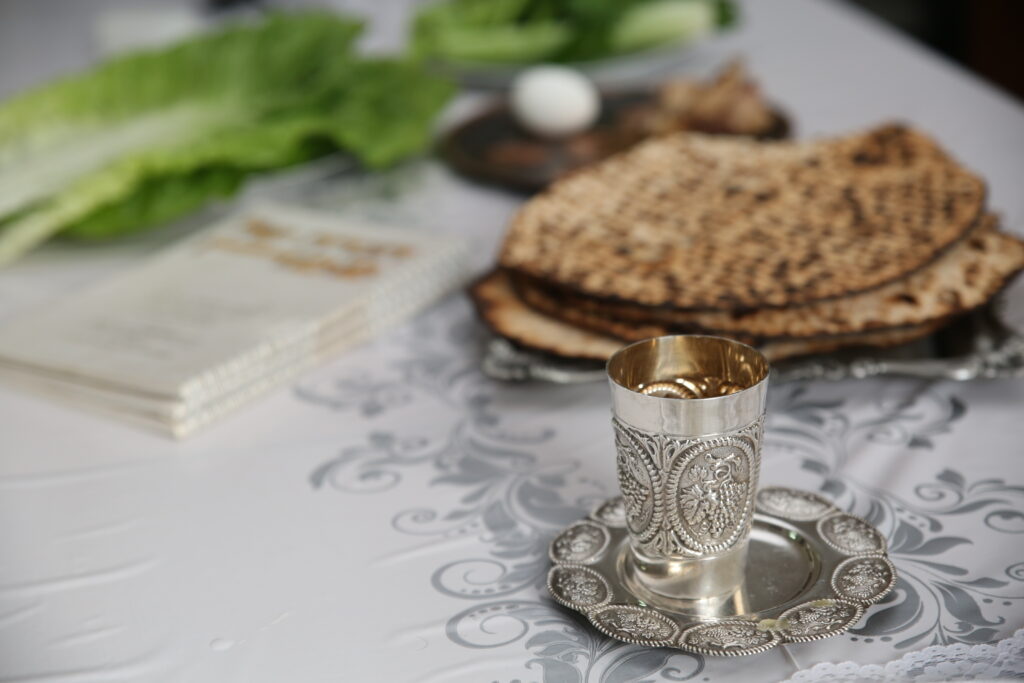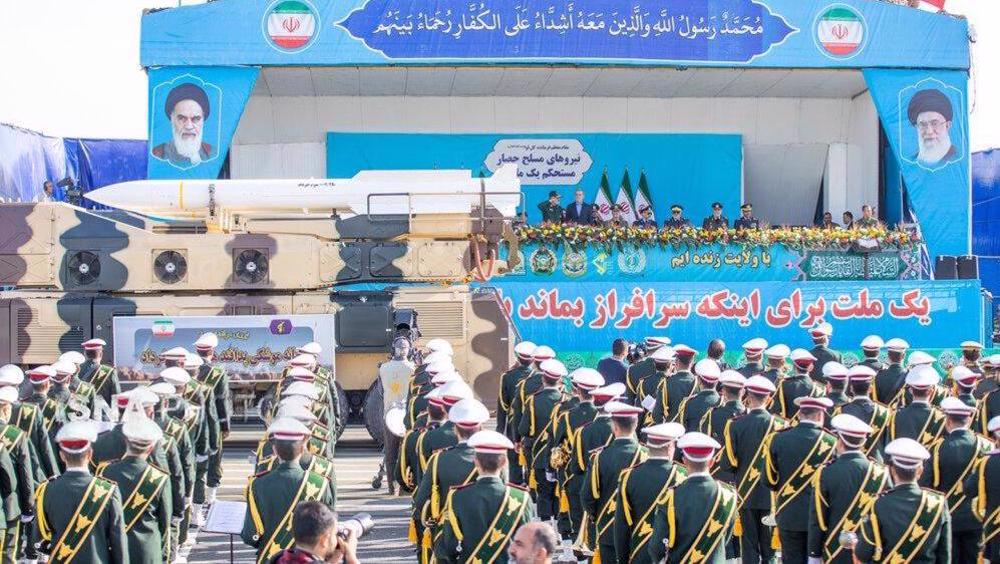FRESH AIR
Al Jazeera, Qatar and the Taliban
August 31, 2021 | Judy Maynard

When Taliban insurgents seized the presidential palace in Kabul on Aug. 15, the images beamed out around the world represented a scoop for the Qatari news network Al Jazeera.
Following the recent withdrawal of US and foreign troops from Afghanistan, the Taliban regained control of most of the country 20 years after their ousting. Events unfolded much faster than expected, but the Qatari Government-owned Al Jazeera crew was somehow there to film them.
It seems reasonable to suspect that Doha’s many years of hosting the Taliban paved the way for Al Jazeera’s worldwide exclusive. It is certainly the case that Al Jazeera journalists celebrated the Taliban victory wholeheartedly on social media – as this article documents below.
The access given to Al Jazeera by the Taliban was reminiscent of another of the network’s notable scoops. On June 5 it aired a report from within terrorist group Hamas’ complex of combat tunnels beneath Gaza, a mere fortnight after hostilities ended between Israel and Gazan terrorist groups in “Operation Guardian of the Walls”.
These exclusive reports lift Al Jazeera’s profile on the world stage. But they also reveal the intimate links between the network and the Qatari Government and its dubious friends, despite the former’s protestations of independence. The emirate’s strategic engagements with terrorist and extremist groups are what guarantee Al Jazeera those unique ringside seats.
And of course, since these groups are Qatar’s allies, the network reports on them with great sympathy.
Al Jazeera and Qatar’s foreign policy
An absolute monarchy of small territorial size and tiny population, with a poor human rights record, Qatar’s strategy of positioning itself as a “facilitator” between states and entities in conflict has conferred on it a disproportionate measure of influence.
In 2013, for instance, with US agreement, an office was opened for the Taliban in Doha, seen as a neutral base for negotiation with the Afghan Government. Qatar was keen to be regarded as a mediator, and an altruistic actor. Al Jazeera has, unsurprisingly, praised Qatar as a regional power broker.
In the wake of the refugee crisis unleashed by the fall of Kabul, the network has also reported on Qatar’s evacuation and (temporary) sheltering of thousands of Afghans, almost all of whom will be resettled elsewhere. Naturally, the reports are slanted to paint Doha in the best possible light. The network showcased refugees’ accommodation by Qatar in a brand new tourist compound (built for next year’s FIFA World Cup) where kids are given ice cream every afternoon, and contrasted them with those Afghans housed in “American-run facilities” at the US airbase in Qatar, who face “inhuman conditions”, the network claimed.
But despite the gloss placed on it by Al Jazeera, Qatari strategy should be seen as much more Machiavellian than altruistic. As Israeli strategic analyst and author Seth J Frantzman recently explained, “This is the Qatar methodology: presenting itself as both a power broker that can work with extremist groups, while backing those groups, while also appearing to back stability and work with the countries dealing with the chaos left behind by these groups.”
Qatar is a strategic ally of the US and hosts the largest US military base in the Middle East. At the same time it does not merely facilitate negotiation with hardline Islamist groups like the Taliban, it supports them.
Al Jazeera is part of that Qatar strategic effort – and any claims of independence are complete fiction.
Until a few years ago, a majority of Al Jazeera was owned by the absolute ruler of Qatar, Emir Tamim bin Hamad Al Thani (though this fact was concealed from the public). When this arrangement looked like it might run afoul of foreign influence laws in the US and elsewhere, the Emir transferred all his shares to a shell company, leaving a relative, Sheikh Hamad bin Thamer Al Thani, in control of Al Jazeera’s parent company as chairman of its board. Meanwhile, all funding to Al Jazeera comes through the Qatar Media Corporation, run by another royal family member, Sheikh Abdulrahman bin Hamad bin Jassim bin Hamad Al Thani.
It is actually illegal for any media outlet in Qatar, including Al Jazeera, to report anything that would “harm [Qatar’s] national interests.”
Hamas and Qatar
Qatar’s policy approach can be more clearly seen in the case of Hamas, the terrorist organisation that rules the Gaza Strip. Its leaders, too, are hosted in Doha – which must be quite a hotbed of Islamist ferment.
It’s reported that top Hamas leader Ismail Haniyeh met a Taliban delegation at their office in Doha, where they congratulated Haniyeh on his group’s “victory” against Israel in May. Following the Taliban takeover in Afghanistan, Hamas was able to repay the compliment and congratulate the Taliban.
With Israeli acquiescence, Qatar has made payments amounting to hundreds of millions of dollars to Gaza over many years, ostensibly to help poor families, supply fuel and pay neutral civil servants, but with much of the money reportedly making its way to Hamas.
And yet when, following the most recent round of fighting in May, Israel sought a way to ensure that payments went only to those families in genuine need and not to Hamas officials, Hamas threatened a resumption of violence.
As Shimrit Meir, then a journalist, now a senior diplomatic adviser to Prime Minister Naftali Bennett, wrote at the time: “If there’s one clear conclusion that should be obvious right now it is that if we go back, somehow, to the route of a resolution in Gaza, Qatar can’t be part of it. The Qatari foreign affairs policy could be summed up to this: igniting conflicts and then helping to solve them…. On one hand, they back Hamas and operate the Al Jazeera incitement machine to serve it, and on the other hand, they make themselves those who buy Israel peace by handing Hamas dollars.”
Qatar’s promotion of the Muslim Brotherhood, the international Sunni Islamist organisation of which Hamas is the Palestinian branch, is the link between Qatar, Hamas and the Taliban. For many years Al Jazeera provided a platform to the Brotherhood’s spiritual advisor Sheikh Yusuf al-Qaradawi from which to spew his extremist and antisemitic views.
Blatant pro-extremist comments from Al Jazeera journalists
During the May conflict between Israel and Hamas, Al Jazeera certainly did its bit for the Hamas war effort, its journalists filing biased and, in some cases, fabricated reports. Tacit acknowledgement of Al Jazeera’s role as Hamas’ mouthpiece came from none other than Hamas Gaza chief, Yahya Sinwar, who hailed the “heroic fedayeen” [self-sacrificing warriors] of Al Jazeera for providing “the best pulpit to give accurate voice to our position and [to show] the occupation’s crimes.”
If that were not enough unstinting praise, Sinwar’s deputy presented the Al Jazeera TV network with a certificate of appreciation for its “exemplary coverage” of the conflict. All this would be comical but for the serious geopolitical implications of Al Jazeera’s role in Qatari machinations.
While Al Jazeera does employ journalists who provide high quality, accurate and professional reporting and analysis on some issues, these simply help maintain a veneer of credibility for an organisation whose transgressions against basic standards of journalism are legion.
In just the latest manifestation, with news that the Taliban were soon likely to take Kabul, the hashtag “Taliban Wins”, with wholly supportive messages, began trending amongst Al Jazeera employees.
On Aug. 14 Al Jazeera reporter Ahmad Muwaffaq Zaidan tweeted: “#Taliban wins. [This is] a victory for the [Islamic] ummah, because anyone who belongs to this ummah feels its pain and shares its hopes. The faces [of the Muslims] are shining and beaming with imminent victory. As for their enemies and rivals, their faces have been covered with dust for a while… The Islamic ummah is like a globe whose center is at any point on its surface. Today the center is Afghanistan.”
Also that day, senior Al Jazeera presenter Ahmad Mansour tweeted: “The rapid collapse… of the Kabul army, trained [by the U.S.] and equipped with the most advanced American weapons, completely shocked and amazed the Americans. It proved that power [does not depend on] weapons but first of all on the might of those wielding the weapons, so possessing state-of-the art weapons does not guarantee victory. This is what happened in Gaza, and is now happening in Afghanistan.”
Later he added: “What is happening in Afghanistan is a historic event, unprecedented in the history of war. The U.S., with its immense military might and its advanced technology, collapses and withdraws, defeated, along with the Kabul army on which it spent billions. It stands dumbfounded, terrified and helpless in the face of the Taliban forces, which have descended on it like lightning from the mountaintops.”
Again, Mansour tweeted: “[President] Ashraf Ghani, the product of the American occupation, has fled Afghanistan. #Taliban Wins.”
Waddah Khanfar, the former director-general of Al Jazeera, tweeted on Aug. 15: “The Taliban has triumphed, and American is defeated! Twenty years of popular resistance, legendary steadfastness and an unwavering [moral] compass. This reminds us of America’s defeat in its 20-year war in Vietnam (1955–1975). Arrogant force has been defeated by the will of the peoples.”
The next day, sharing footage of a US plane taking off from Kabul airport while desperate Afghanis tried to board it, Khanfar commented: “This clip will go down in history. This is the sorry end of the foolish American escapade in Afghanistan, a fitting [end that] encapsulates the humiliation suffered by the occupiers and their helpers.”
These are but a few examples of the pervasive mindset amongst the producers of news at Al Jazeera.
Sophisticated, slick and generously funded, Al Jazeera’s many polished facets – such as the Al Jazeera Arabic, English, Balkans and AJ+ channels – beam Qatari influence to its audiences in the Arab and Muslim world, the West, and even to a youth demographic.
Far from being independent of government as it claims, Al Jazeera is an important tool of Qatari strategic policy. And Doha’s policies are dangerous and destructive, providing support to numerous terrorist and extremist groups, even as Qatar tries to position itself as a mediator and “honest broker.”
Tags: Afghanistan, Al-Jazeera, Hamas, Qatar, Taliban, Terrorism
RELATED ARTICLES

Enormous hope that Iran is being liberated: Colin Rubenstein on Sky News

He survived Bondi. Now he’s fighting back: Arsen Ostrovsky addresses AIPAC conference





















